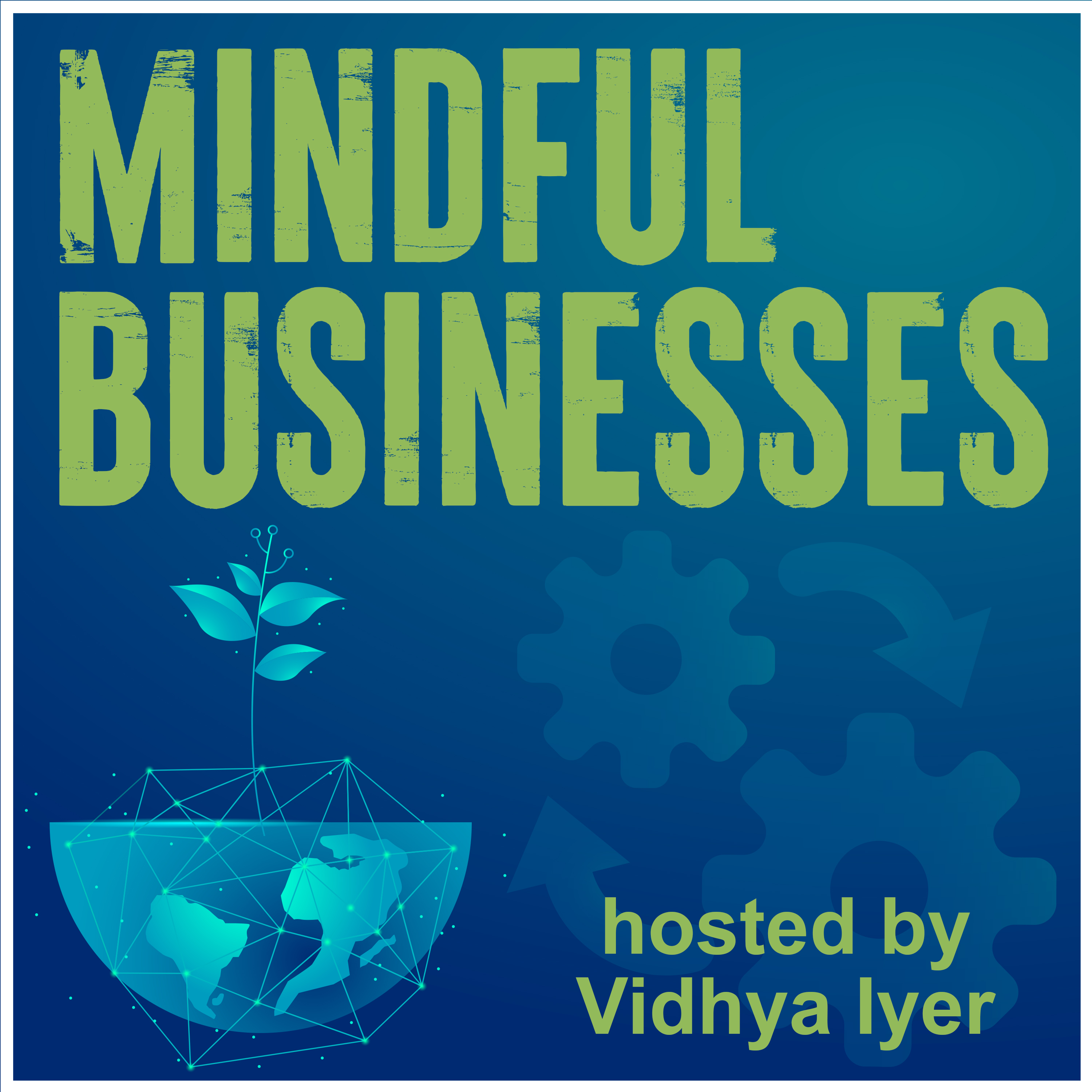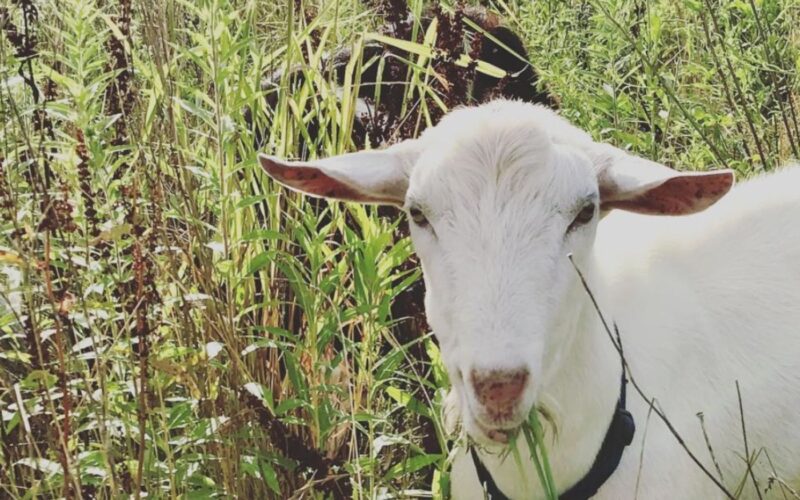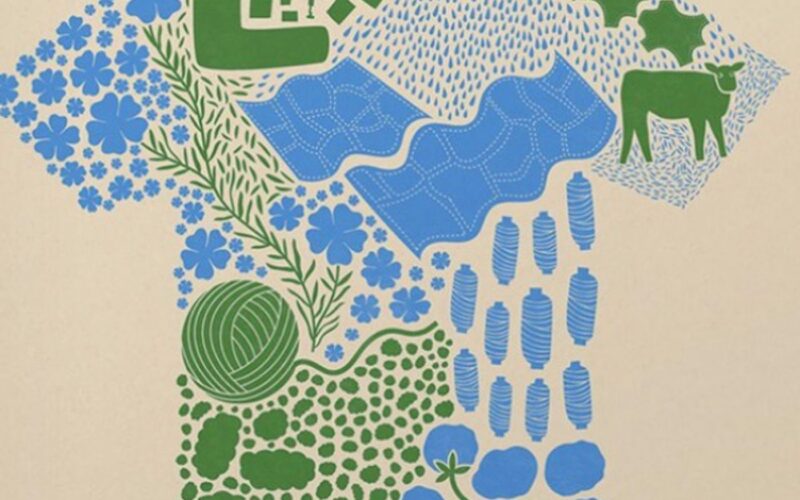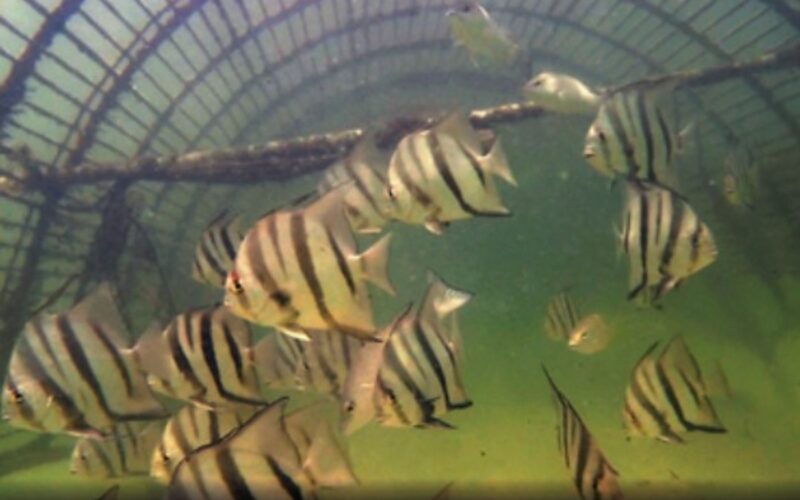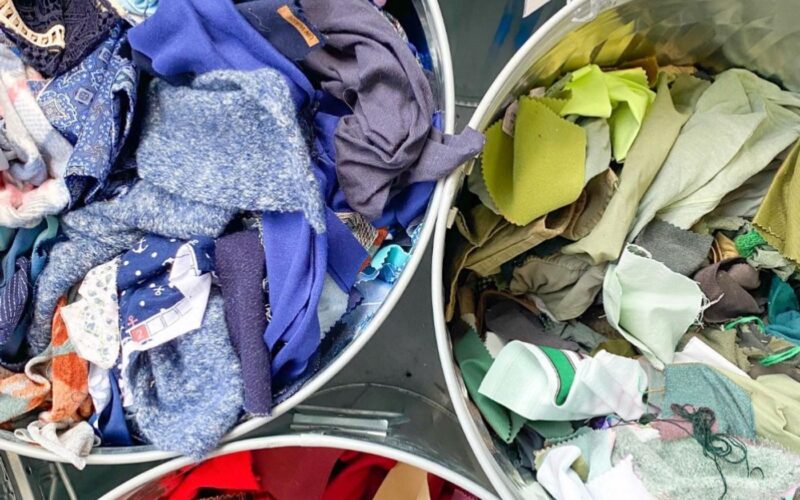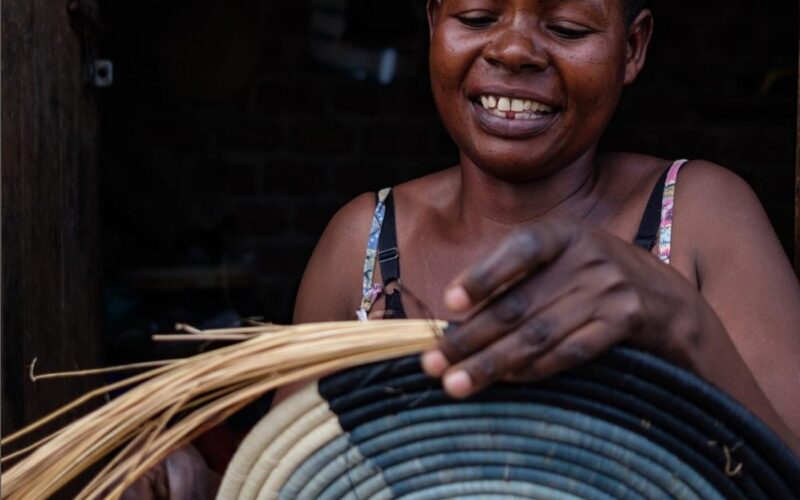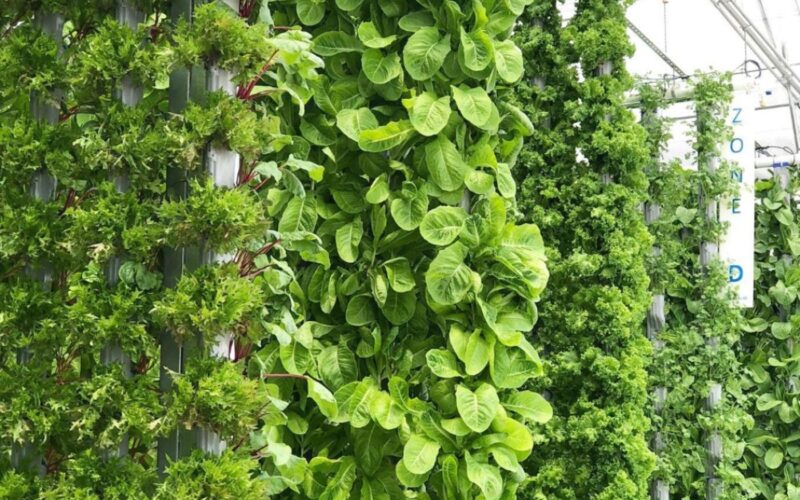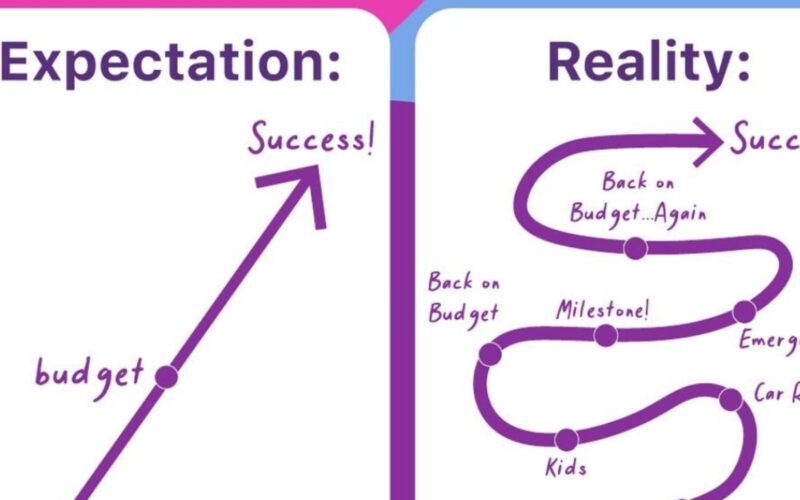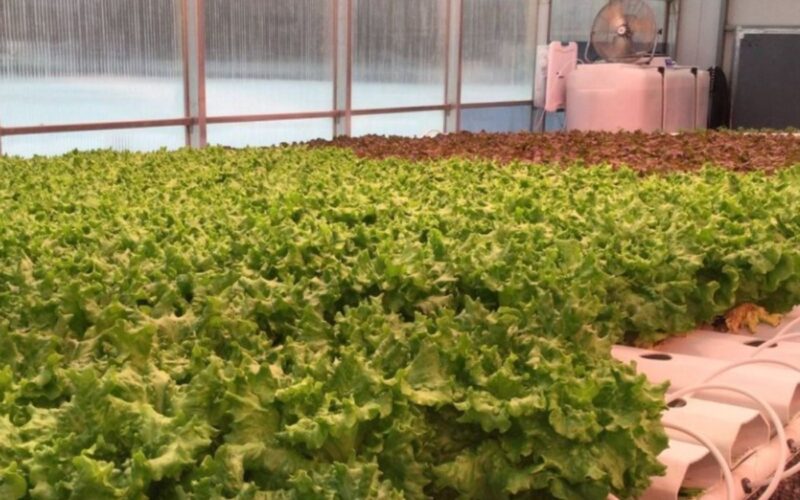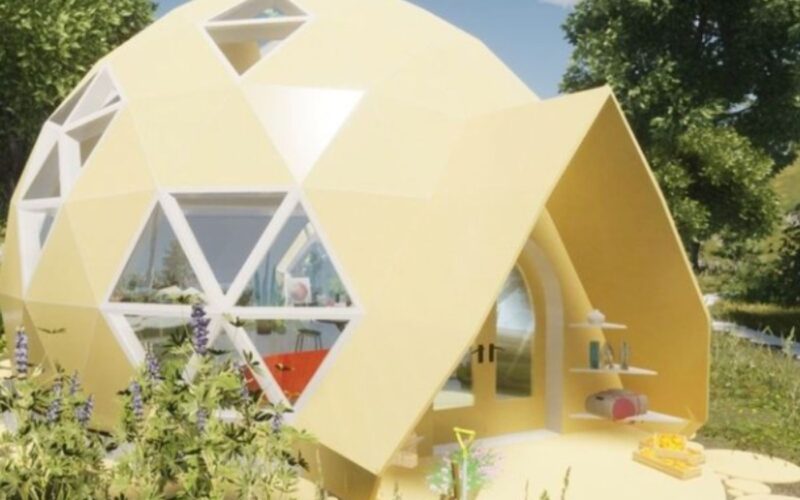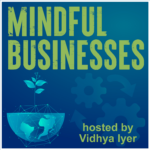70: Let’s Goat Buffalo – Changing the Landscape, One Bite At a Time
When we initially recorded this episode in June of 2021, our host Vidhya Iyer and Jennifer Zeitler – Founder and CEO of Let’s Goat Buffalo, really connected and promised to visit each other. But little did either one of them know that in a year their paths would cross again – when Vidhya and her family relocate to Buffalo, NY. The two met for the first time this summer, but bonded like old friends. In honor of our new home and friend we decided to re-air this episode – Let’s Goat Buffalo. This episode is a re-air from August 17, 2021
___________________________________________________________________________________________________________________
Let’s Goat Buffalo employs rescued goats to eat unwanted vegetation growth! Whether it’s a residential yard that needs clearing, a commercial property that has become overgrown and high-risk, or a park or highway that has become less accessible to the public, their herds are prepared to help! We chat with the bubbly Jennifer Zeitler – Founder and CEO of Let’s Goat Buffalo, on how she transitioned from Human Resources to goatscaping. The term “goatscaping” means grazing goats to manage vegetation growth in an environmentally sound manner. Goatscaping greatly reduces the use of toxic herbicides, and because the goat digestive process effectively sterilizes seeds and reproductive plant matter, they are an ideal treatment for invasive plants. Let’s Goat Buffalo offers grazing services within suburban, urban and rural environments. By choosing natural treatment, Let’s Goat customers are choosing healthier soil, increased biodiversity, and a greener future. Jennifer Zeitler collaborated with a goat dairy farm Alpine Maid and rescued the goats to bring a sustainable solution to remove overgrown brush and weeds. She was also made a How I Built This, fellow, in 2021 by NPR. Come listen now to her journey.
Share this episode with ONE friend!
https://www.letsgoatbuffalo.com/
https://www.mindfulbusinessespodcast.com/
Read More

